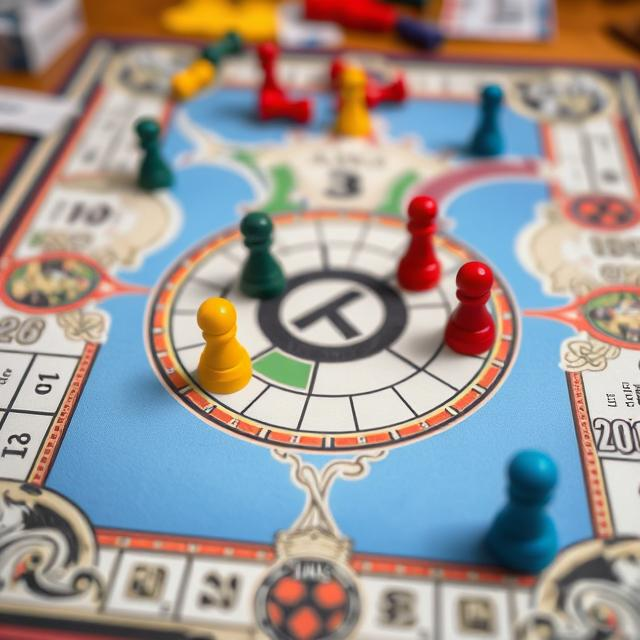As tabletop games continue to grow in popularity, there is increasing recognition of the need for greater diversity and inclusivity within the industry. Board games, which have historically been dominated by Western themes and perspectives, are beginning to reflect a broader range of cultures, identities, and experiences. This shift is not only a matter of representation but also a reflection of the evolving nature of global gaming communities.
The push for diversity and inclusivity in board games has led to more games that feature diverse characters, settings, and narratives. Games like Azul, inspired by Portuguese tile art, and Tigris & Euphrates, which explores the ancient civilizations of the Middle East, showcase cultural themes outside the typical European or American context. These games not only introduce players to different cultures but also provide opportunities for education and cultural exchange.
In addition to thematic diversity, there is also growing attention to the representation of gender, race, and sexuality in board games. More and more games are featuring characters from diverse backgrounds, challenging stereotypes, and embracing inclusivity. Herbaceous, a game about gardening, is a good example of how games can feature characters and narratives that reflect a wide range of identities. Similarly, games like The Crew or 7 Wonders incorporate diverse characters and settings that resonate with a global audience.
The inclusion of different cultures and perspectives in tabletop games also allows for richer, more varied gameplay experiences. Games like Mombasa and Amun-Re, which are set in Africa and Egypt, provide players with unique narratives and gameplay mechanics that are inspired by the history and culture of these regions. This type of representation not only broadens the scope of storytelling but also encourages players to engage with the world in new and meaningful ways.
As the demand for more inclusive and culturally diverse games continues to grow, the tabletop gaming industry is embracing a more inclusive approach to game design, ensuring that players from all walks of life feel seen, heard, and valued within the gaming world.

Leave a Reply